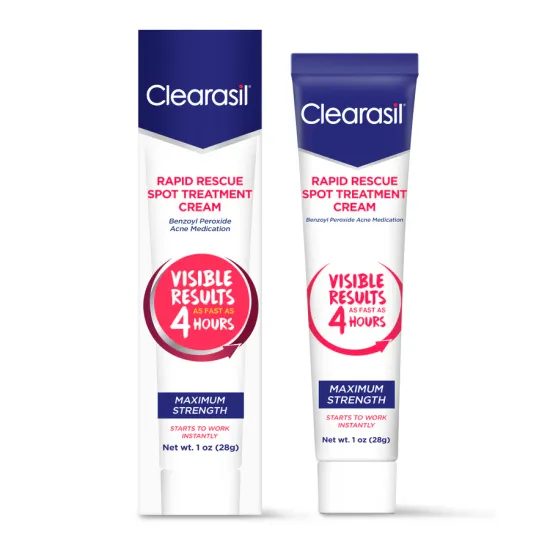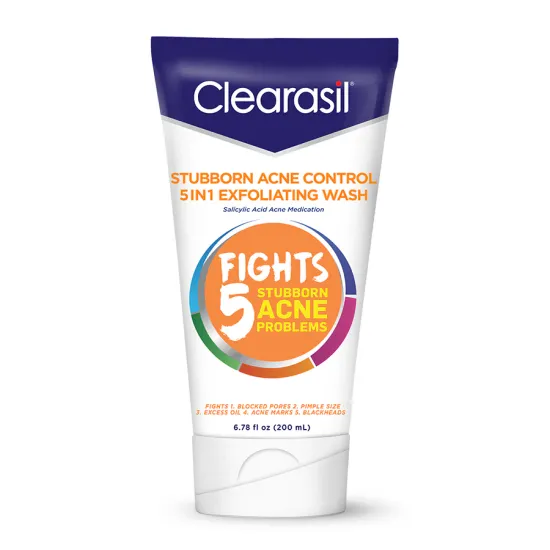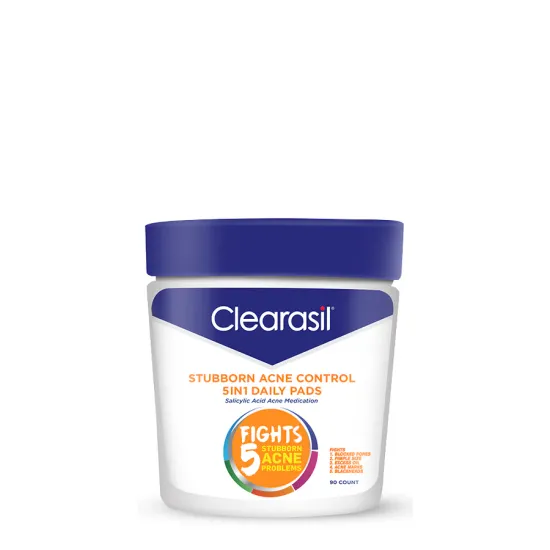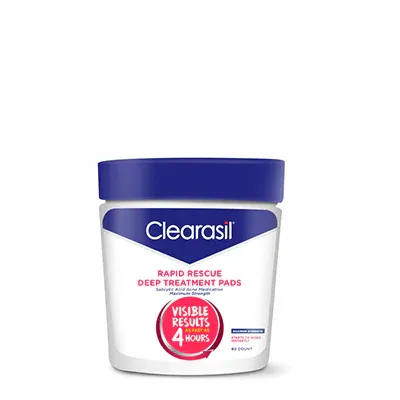
Foods For Healthy Skin
Maybe you’ve heard this tip before and thought “Big deal, what are boring fruits and veggies going to do for my skin?” Take a moment to learn about how diet may improve the overall health of your skin and decrease the occurrence of breakouts. You’ll be happy you did, and more importantly, your body and not just your skin will thank you in the long run for making an effort to eat healthier.
If you are what you eat, then your skin is no exception. Dry skin can only get so much help from the exterior application of lotions, the same way oily skin can’t change just by washing or blotting the oil away. If you want to see change you need to investigate your body’s inner workings. While some skin problems can be side effects of other medical issues, best diagnosed by your doctor or dermatologist, others may be linked to diet.
Diets that have high glycemic loads may be linked to acne. The term “glycemic load” is a number assigned to a food to estimate how high a person’s blood glucose level will rise after eating it. Glucose is generally associated with the carbohydrates found in food – meals that are chock full of carbohydrates, like bread, pasta and potatoes, are part of a diet with a high glycemic load.
If we just named some of your favorite things you aren’t alone. Most people around the world eat carbohydrates in some form or another every day. Don’t assume that you’ll have to cut them out entirely to see a difference. Simply try to make sure that you eat more fresh fruit and vegetables than you do carb. Don’t forget to double check with your doctor before trying any new diets, especially if you do decide to try and cut something out entirely.
If live with your parents or are on a dorm meal plan you may find it hard to make changes to your diet. Talk to your parents about grocery shopping or cooking with them to help change what you eat – if your family isn’t used to buying and eating a lot of fresh produce, research ways to prepare delicious dishes together. Don’t get discouraged if you don’t like a particular veggie or dish (you don’t have to eat Brussels sprouts if you don’t want to!): try again with a different vegetable (green beans!) or recipe.
If you live on campus and don’t do your own cooking odds are good that you aren’t the only student looking for healthier options. See if you can find campus organizations lobbying for better produce in the cafeteria or growing their own vegetables in a community garden. Most community gardens guarantee you fresh produce in exchange for labor – spend an afternoon weeding or mulching and then take home the spoils. If you aren’t able to cook them, take only those veggies you can easily eat raw (snap peas, lettuce for salad, tomatoes, etc.). Or, if you’ve got buddies with access to a kitchen on or off campus, plan some great meals together.
Skin that gets balanced nutrition and hydration (drink that water, not soda!) will likely look and feel better. As the largest organ in your body skin needs the same healthy nourishment that the rest of your body will thrive on.
Sources Consulted:
skincarephysicians.com
nlm.nih.gov



